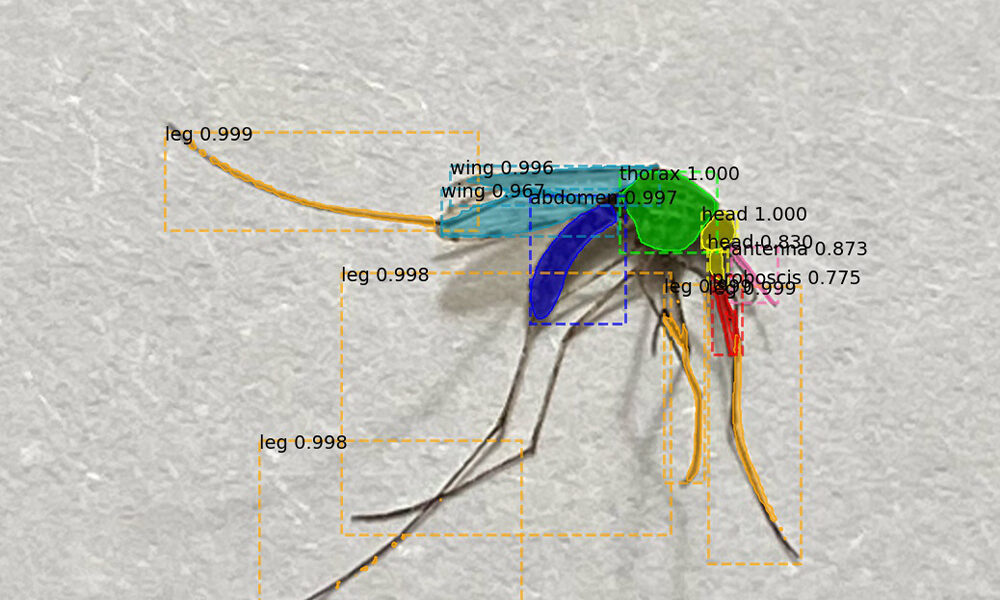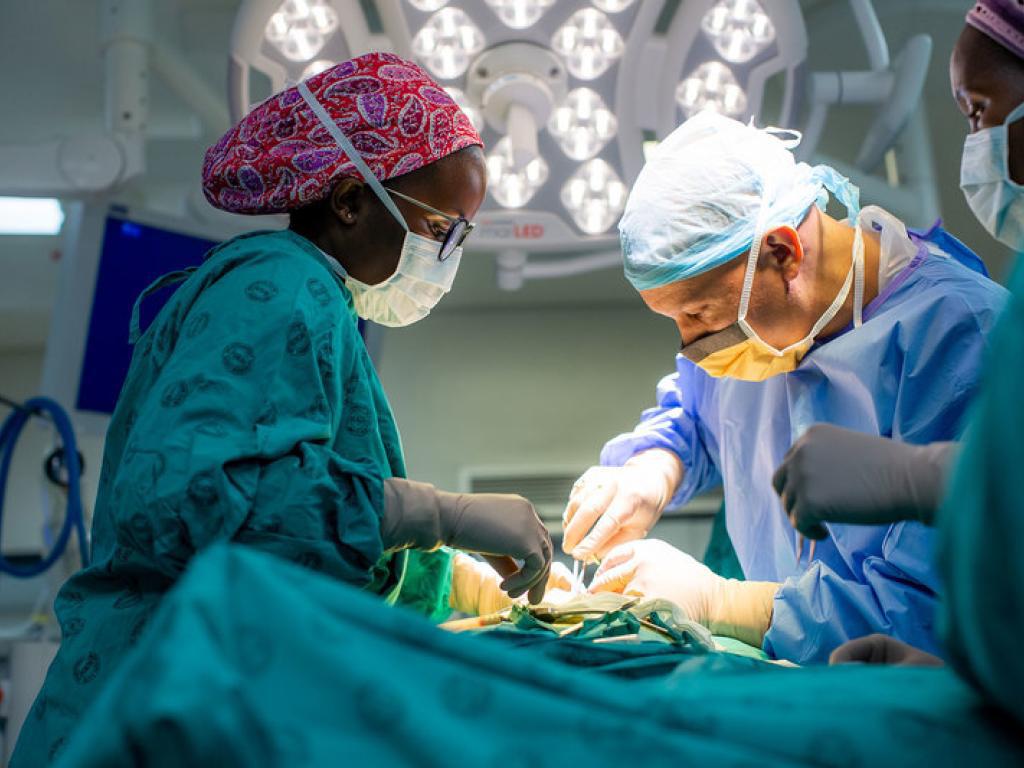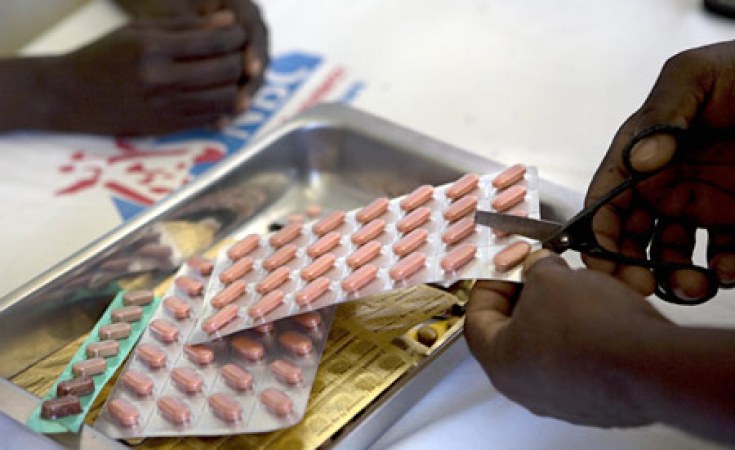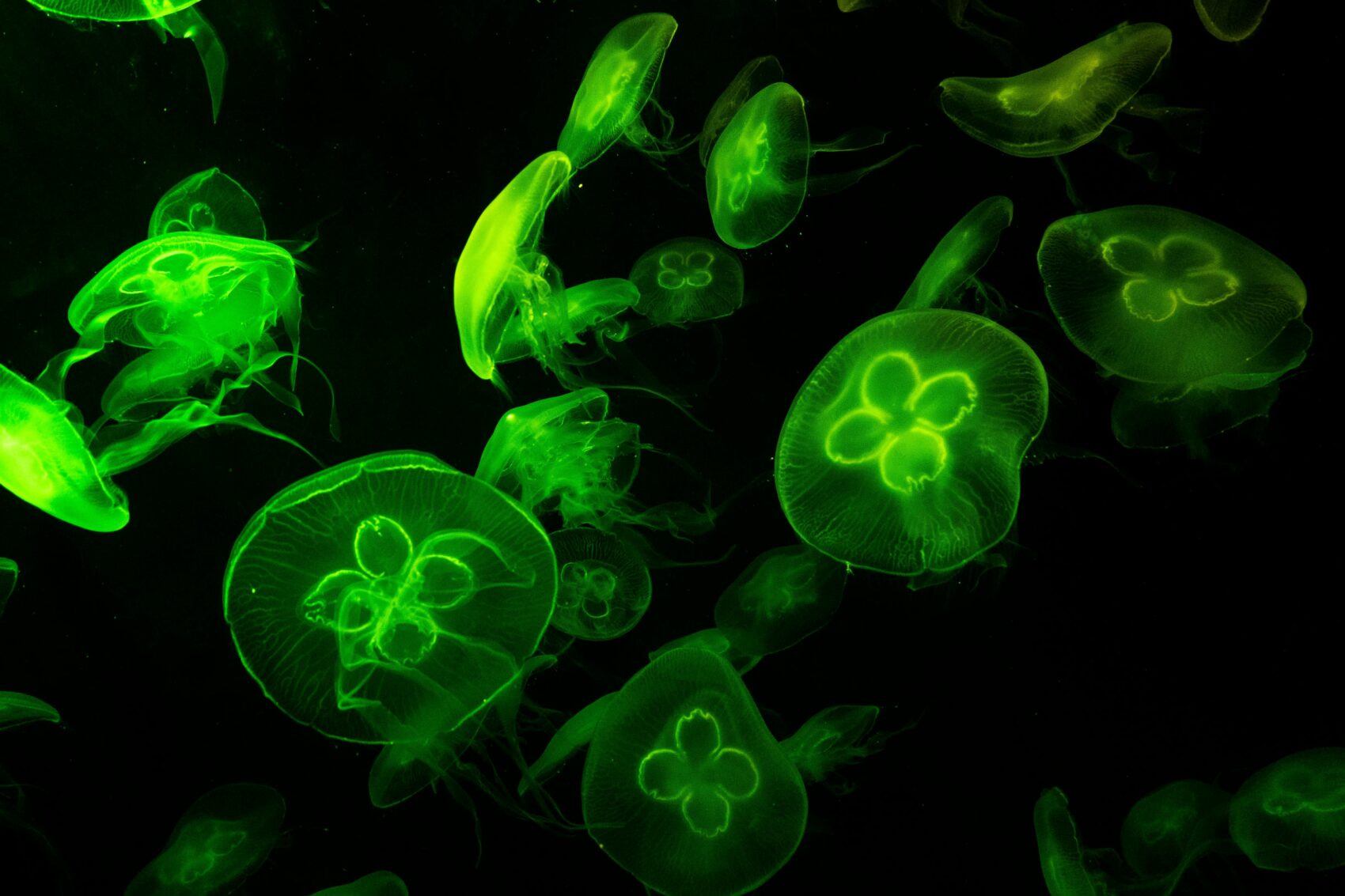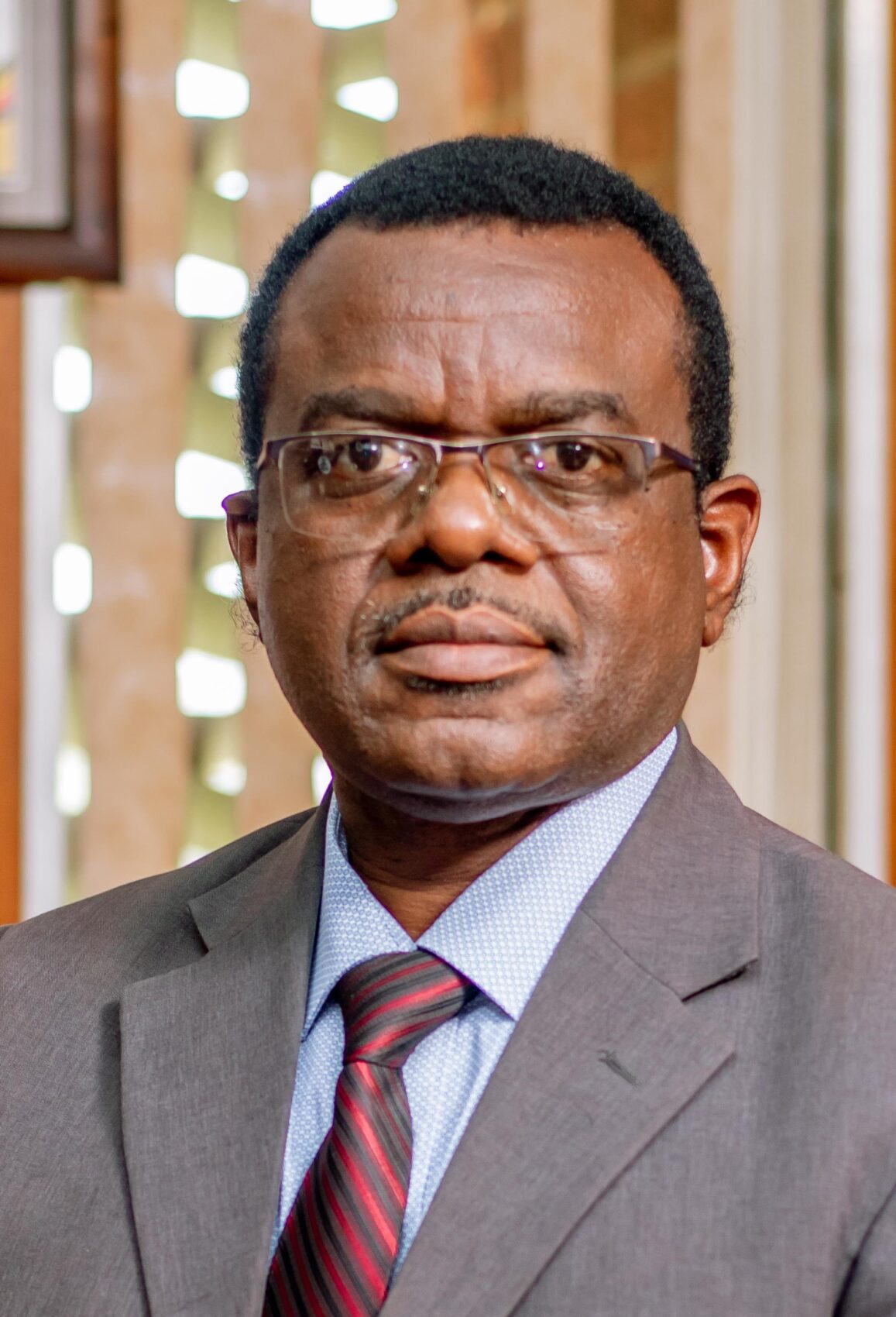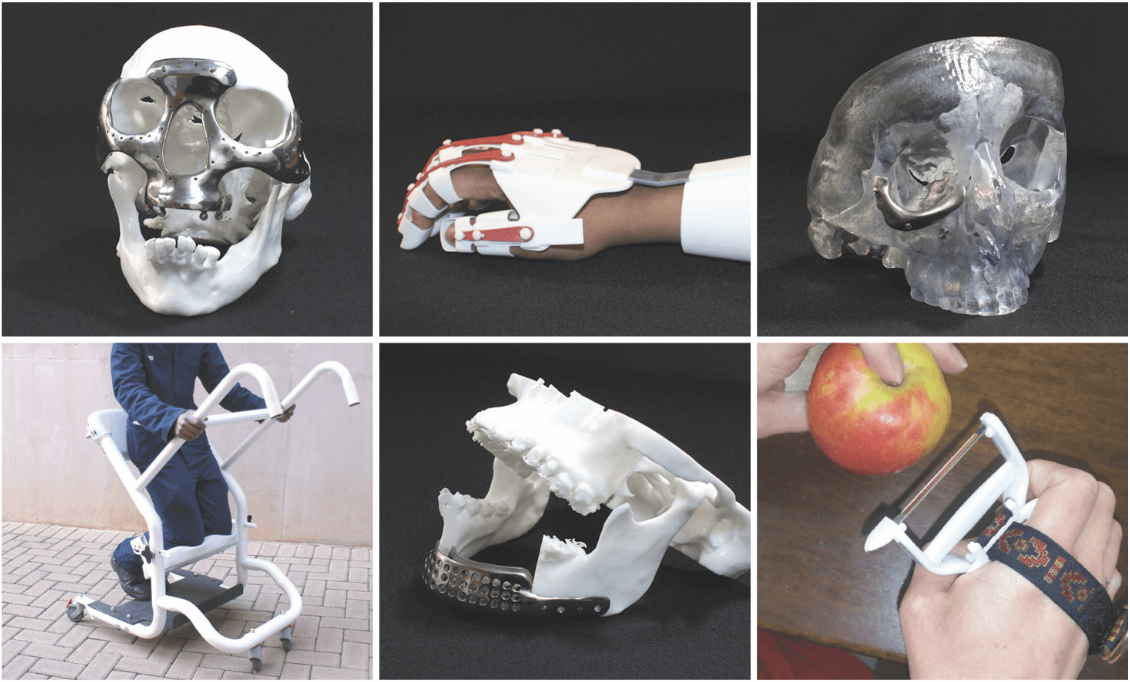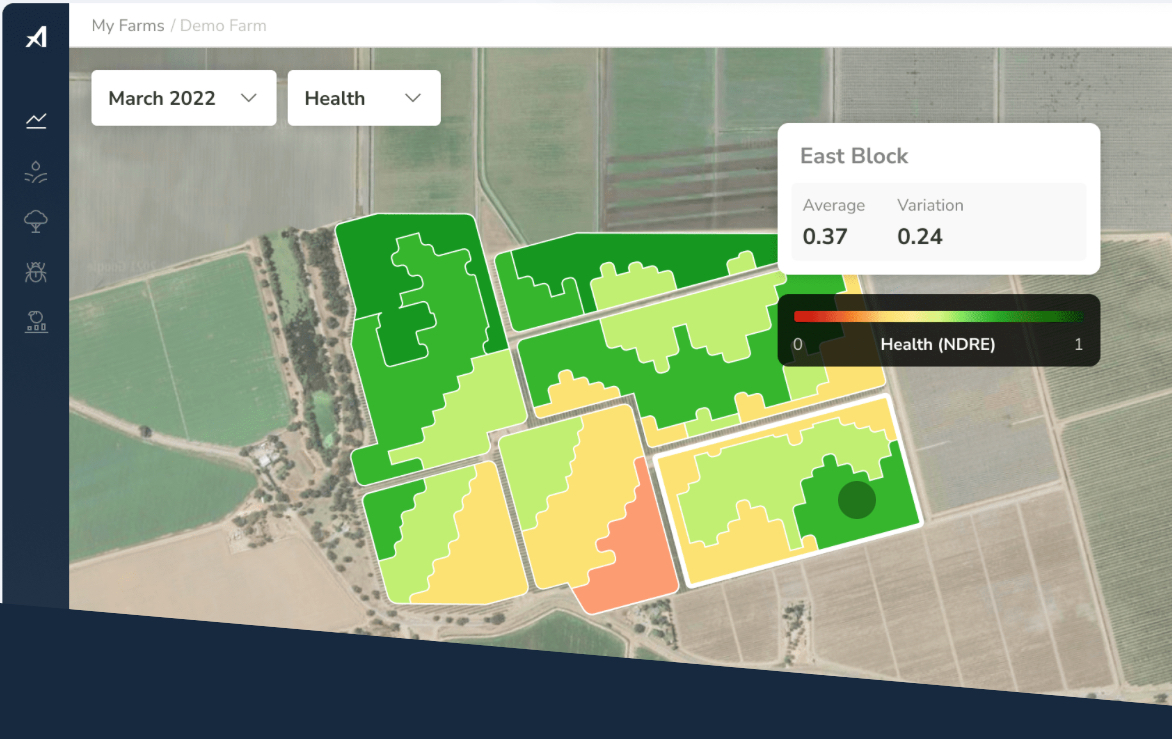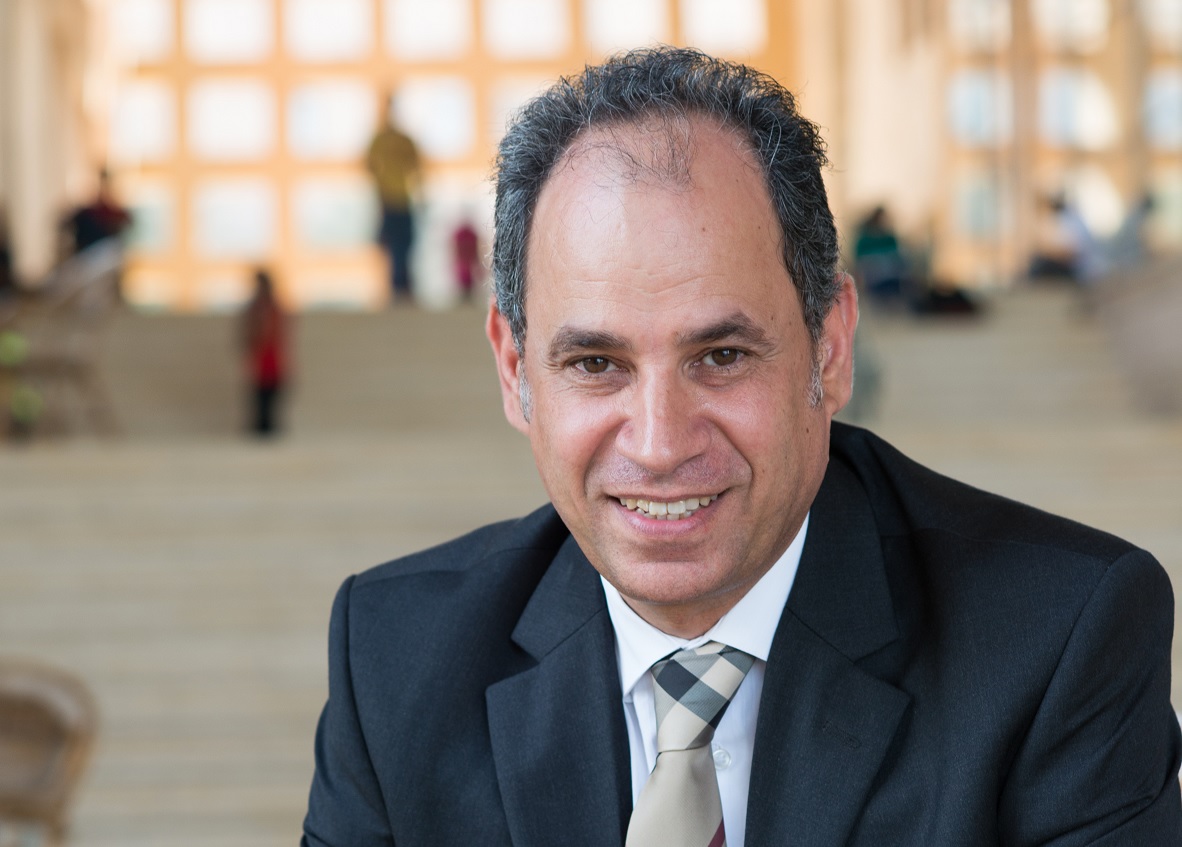In a groundbreaking international collaboration, the University of Dschang in Cameroon is partnering with the University of South Florida (USF) and other global institutions to harness the power of artificial intelligence in the fight against malaria. This initiative, part of the EMERGENTS project, aims to revolutionize mosquito surveillance and control strategies across Africa, with a particular focus on the emerging threat of urban malaria.
Key Points:
- The University of Dschang in Cameroon is a key partner in a $3.6 million international malaria research project.
- USF researchers are developing AI-powered tools for real-time mosquito surveillance.
- The project targets the Anopheles stephensi mosquito, a dangerous urban malaria vector invading Africa.
- A global mosquito-tracking dashboard and AI-enabled smart traps are being developed and deployed.
- The initiative aims to train a new generation of African scientists in cutting-edge malaria research techniques.
Cameroon at the Forefront of Malaria Research
The University of Dschang’s involvement in this project marks a significant step in building local expertise and capacity in malaria research within Cameroon. As part of the EMERGENTS (Enhancing Malaria Epidemiology Research through Genomics and Translational Systems) initiative, the university will play a crucial role in establishing a new International Center for Excellence for Malaria Research in west-central Africa.
Dr. Tagueu Kamga, a lead researcher from the University of Dschang, emphasizes the importance of this collaboration: “Our participation in this project allows us to contribute our local knowledge and expertise while gaining access to cutting-edge AI technologies. This will significantly enhance our ability to combat malaria in Cameroon and across Africa.”
AI-Powered Mosquito Surveillance
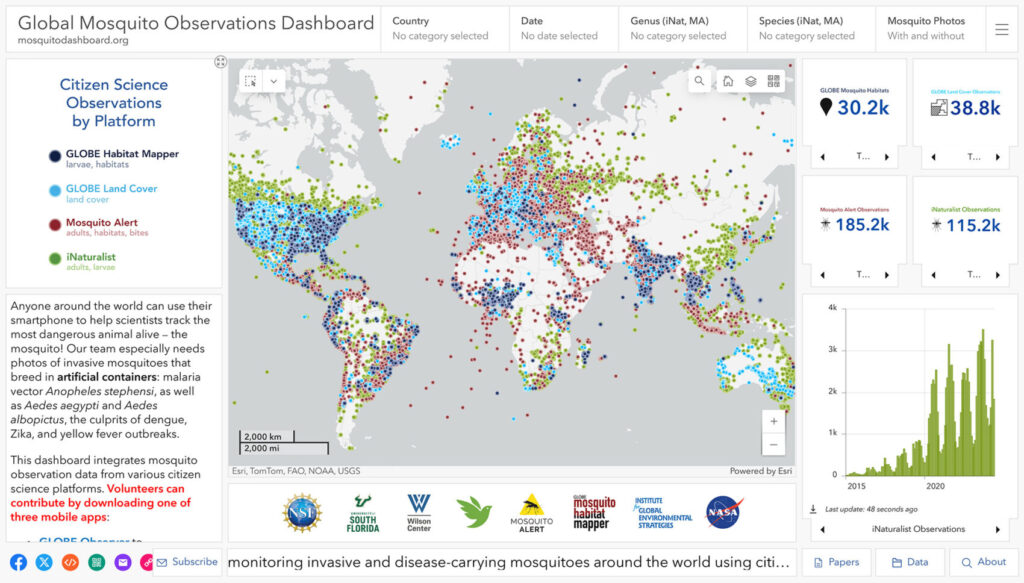
At the heart of this initiative are innovative AI tools developed by USF researchers Ryan Carney and Sriram Chellappan. These tools include a global mosquito-tracking dashboard and AI-enabled smart traps designed to specifically target and identify the Anopheles stephensi mosquito, a dangerous urban malaria vector that has recently begun invading Africa.
Professor Chellappan explains the unique capabilities of their AI system: “We are the only team that we know of globally that can successfully enable anatomy-based classification from a single photo to identify mosquitoes. Our algorithm automatically identifies the head, thorax, abdomen, wings and legs from a mosquito image, then it uses specific anatomical components to identify the mosquito type.”
Empowering Local Communities and Scientists
A key aspect of the project is its focus on training local scientists and engaging communities in mosquito surveillance efforts. The University of Dschang will play a pivotal role in adapting these technologies to the local context and training Cameroonian researchers and community members in their use.
Dr. Carney from USF highlights the importance of this approach: “We’re not just bringing in technology; we’re building capacity within Cameroon and other African countries to lead this fight against malaria. The University of Dschang’s involvement is crucial in ensuring that our solutions are culturally appropriate and sustainable in the long term.”
Addressing a Critical Health Challenge
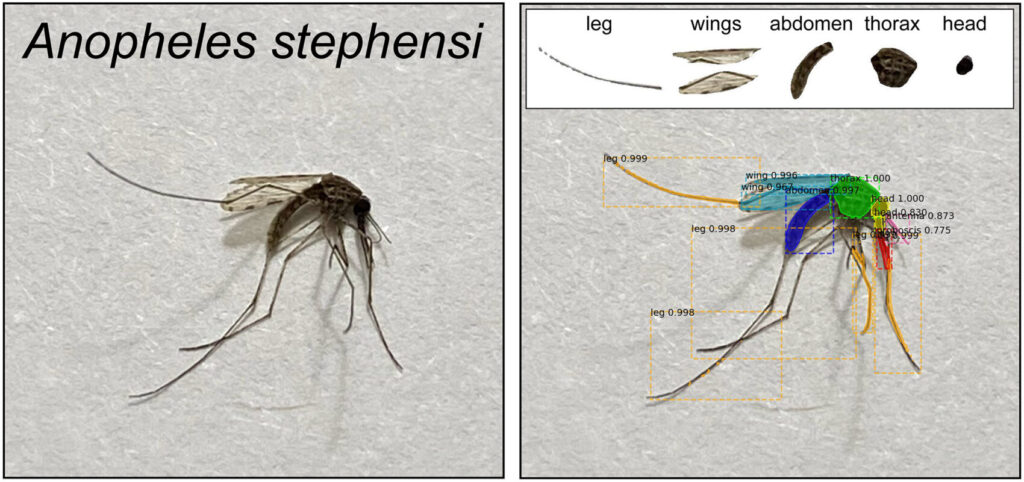
The urgency of this project is underscored by recent World Health Organization statistics, which show that Africa accounted for 95% of the world’s malaria deaths in 2022. By focusing on the Anopheles stephensi mosquito, which is particularly adapted to urban environments, the project aims to address a potentially devastating new threat to public health in African cities.
Dr. Tagueu Kamga notes, “The spread of Anopheles stephensi into urban areas could lead to unprecedented malaria epidemics in our cities. This project gives us the tools and knowledge to get ahead of this threat and protect our communities.”
Global Implications, Local Action
While the primary focus of the EMERGENTS initiative is Africa, the technologies and methodologies developed through this project have significant implications globally. The involvement of the University of Dschang ensures that these global solutions are grounded in local realities and can be effectively implemented in Cameroon and beyond.
As the project progresses over the next five years, the University of Dschang will be at the forefront of testing and implementing these new AI-powered surveillance tools. Their work will not only contribute to malaria control efforts in Cameroon but also provide valuable insights that can be applied across Africa and other malaria-endemic regions of the world.
Frequently Asked Questions (FAQ)
The University of Dschang is a key partner in implementing and adapting AI-powered mosquito surveillance tools in Cameroon, and training local scientists in their use.
AI is used to identify and track mosquito species in real-time, allowing for more efficient and targeted malaria control efforts.
Anopheles stephensi is a mosquito species that can spread malaria in urban areas. Its recent invasion of Africa poses a significant new threat to public health in cities.
The project will provide training and resources for Cameroonian scientists to use cutting-edge AI technologies in malaria research and control.
Yes, while the focus is on Africa, the technologies developed in this project have potential applications in malaria control efforts worldwide.
